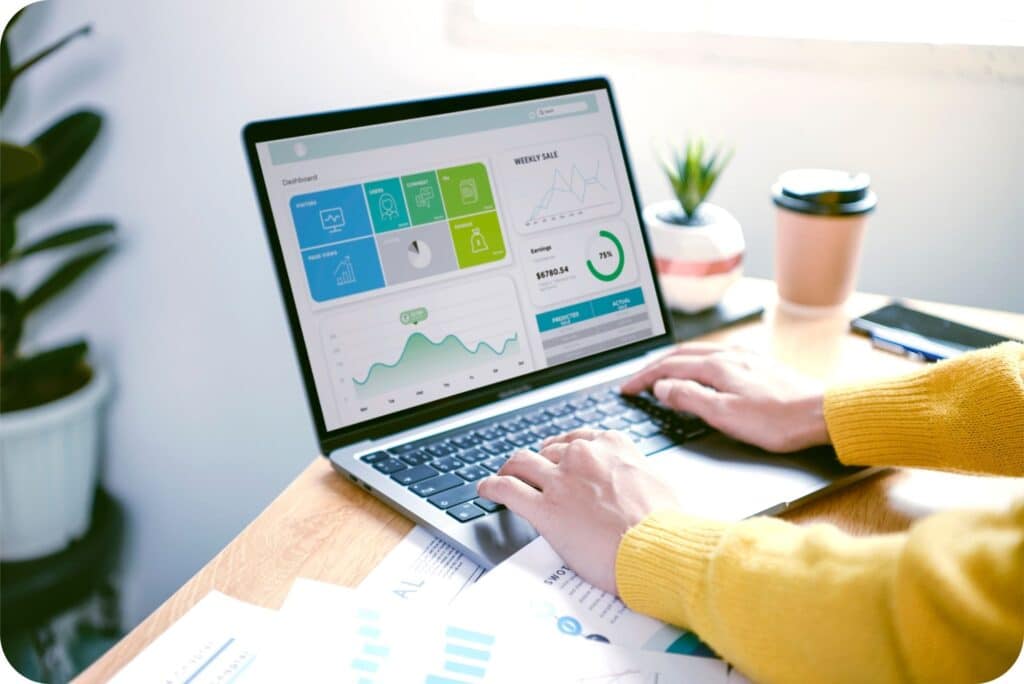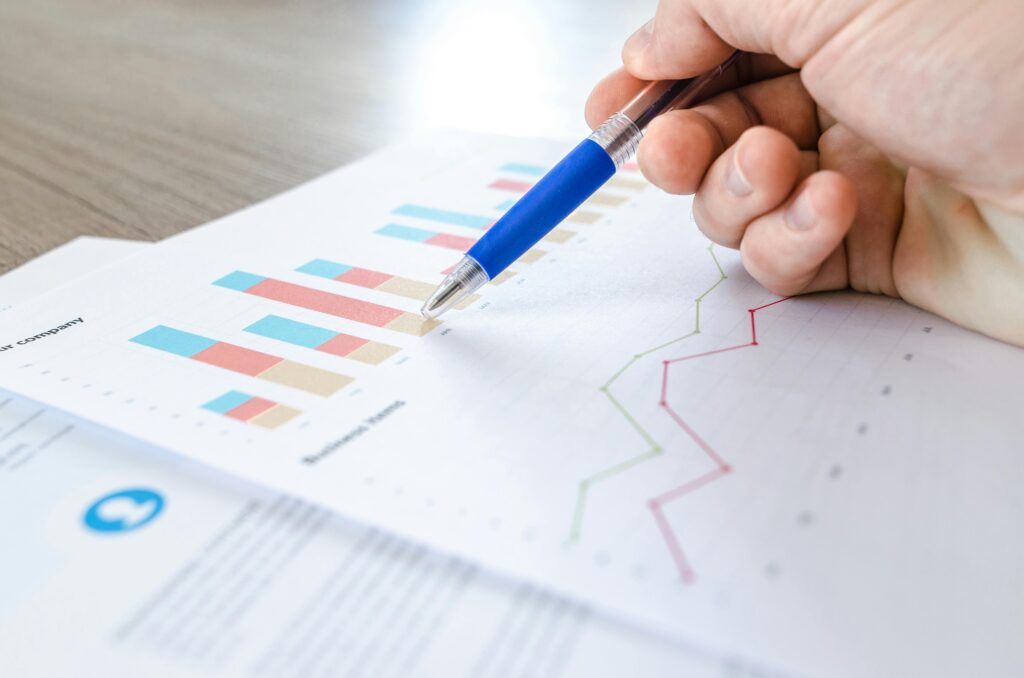In 2023, soon 2024 (already?!) the use of technology is more than essential to be successful in business. CRM, ERP, MRP, HRP, SCM, have you ever heard these abbreviations? What does it mean exactly? Here is a short guide on their usefulness and importance, and especially the impact it can have in business.
ERP (Enterprise Resource Planning)
Surely the most popular, ERP is the brain of the company; it does it all. From supply chain planning to management human resources, including project management and accounting, it acts as a nervous system, coordinating the different departments to create harmony between the parties.
Its main advantage is its ability to integrate. This means that the sales department can have, in real time, the level of stocks, the finance department can access human resources information and so on. With an ERP, decision making can be done quickly; no need to scramble to get information; a few clicks and voila!
An ERP can have several modules, depending on the business area, but usually there is financial management, human resources management, procurement management and management production.
CRM (Customer Relationship Management)
After ERP, the second most popular is CRM. It is focuses on one aspect: Customers. Its main focus: strengthen the customer relationship. But how, ask yourself. The CRM acts as a address book, but smart, very smart and powerful. We can obviously find the contact details of customers, but in addition, their habits purchasing, their preferences and even past interactions with the company. Therefore, CRM strengthens the relationship between the company and the customer by allowing it is up to the company to personalize its interactions with its client. Example: CRM can notify marketing department to create campaigns particular, if one or more customers have preferences for a particular product or service. This ensures separate communications to each consumer and can help close sales.
If the company has a customer support service, this department can also benefit from CRM. It provides access to customer history: calls, chats, notes to file. This allows agents to quickly access the history, which helps resolve issues more efficiently without having to wait for the customer. In addition, it can create a relationship of trust, in the sense that the client may like the fact that the agent is aware of his old communications.

MRP (Material Requirement Planning)
An abbreviation that can be heard a little less, but not to say the least, for a crucial aspect for the management of a business; the management of stocks and materials. An MRP is an indispensable tool if the company is in the field of product manufacturing. He is there to plan and manage material requirements, to ensure that stocks are available at the right time.
If for example the company manufactures furniture, MRP would be essential to plan the amount of wood, paint and any other material needed for production. The MRP will be based on data such as supplier delivery times, so it can ensure that production runs smoothly, avoiding any delivery delays.
One of the main characteristics of the MRP is its ability to anticipate needs according to demand. The company can therefore maintain their stocks at ideal levels, avoiding costs that can be linked to surpluses and better yet, avoiding shortages. MRP contributes to efficient production and obviously a better customer experience.
Work in harmony
Even if the three systems have different objectives and they are able to operate in a coordinated manner. Together, they
form a more than complete IT environment that maximizes all business aspects.
- ERP acts as the brain that directs the whole body. It ensures that all parties work together effectively. With the integration of various departments, it simplifies operations leading to increased efficiency while reducing errors and delays.
- CRM brings the human side. It understands the needs and preferences of customers which contributes to the personalization of the interactions, which strengthens the relationships with the customers and thus, allows a loyalty and a solid relationship.
- When it comes to MRP, it comes into play when it comes to material availability. By optimizing inventory management, MRP ensures that production runs smoothly.
Although these abbreviations may seem technical, their usefulness is accessible to all companies, regardless of their size or sector. Together, they form a robust whole that aligns operations, strengthens customer relationships, and optimizes material management.
If your company is thinking about making this technological shift, it is essential to understand your needs. Each company is unique and has different needs. Whether you are a small business looking to simplify your operations or a large business looking to stay competitive, adopting one or its systems may be the solution for your business. Contact us to plan your meeting; we will meet your needs.


